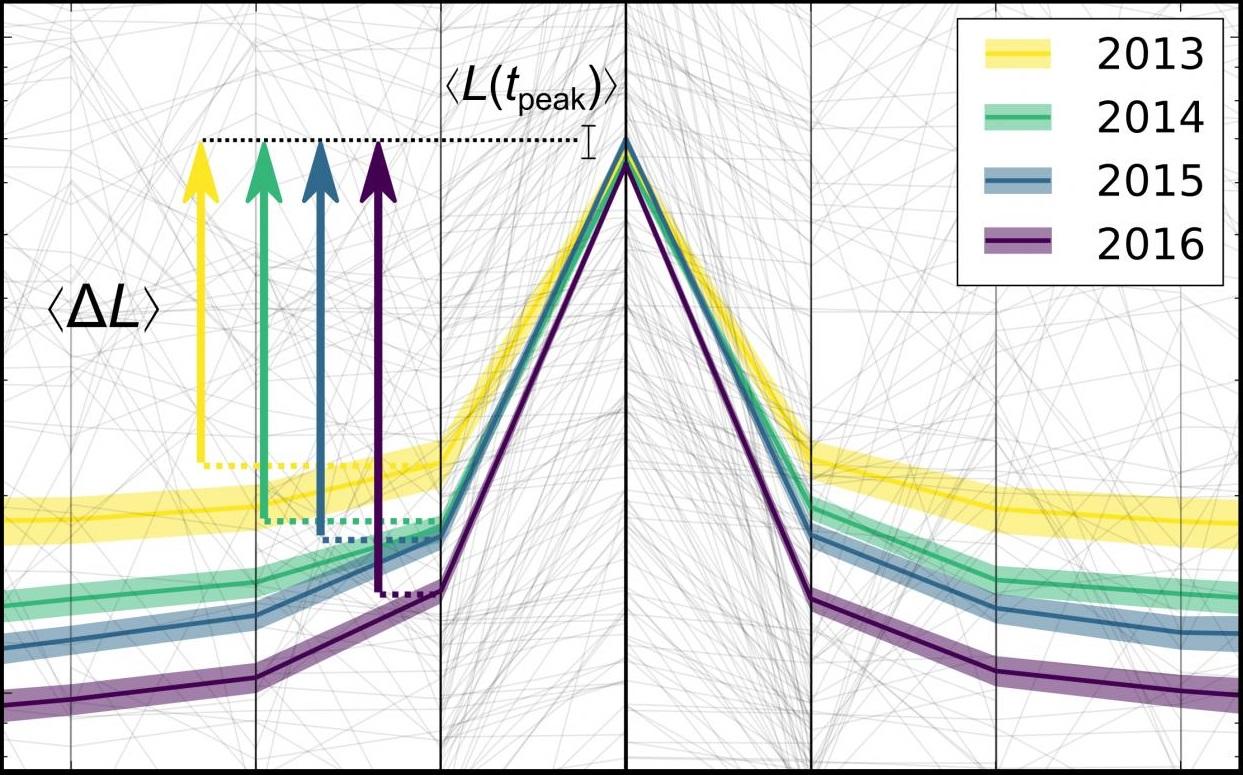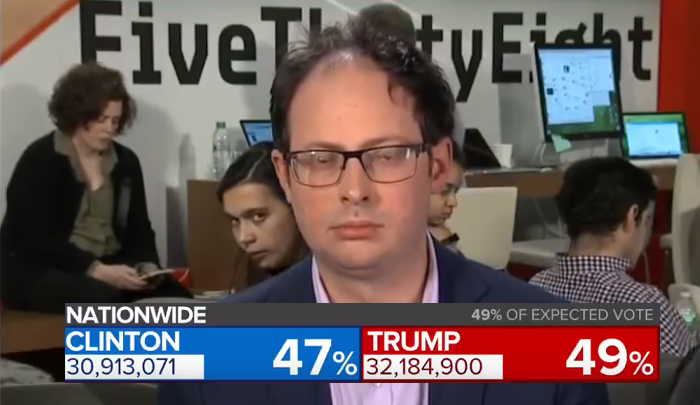Thanks to information-overload in a hyperconnected world, people’s attention spans are decreasing, according to a recent study from the Technical University of Denmark.
Between social media, a “hectic news cycle” and everything else people have going on, people are spending less time on various topics, based on several metrics studied – including 40 years of movie ticket sales, google searches, Reddit comments and other domains.
“We wanted to understand which mechanisms could drive this behavior. Picturing topics as species that feed on human attention, we designed a mathematical model with three basic ingredients: ‘hotness’, aging and the thirst for something new,” says Dr. Philipp Hövel, lecturer for applied mathematics, University College Cork.
This model offers an interpretation of their observations. When more content is produced in less time, it exhausts the collective attention earlier. The shortened peak of public interest for one topic is directly followed by the next topic, because of the fierce competition for novelty. –EurekAlert
“The one parameter in the model that was key in replicating the empirical findings was the input rate – the abundance of information. The world has become increasingly well connected in the past decades. This means that content is increasing in volume, which exhausts our attention and our urge for ‘newness’ causes us to collectively switch between topics more rapidly.”
One metric studied was how long popular ‘hashtags’ – used to promote topics, remain on Twitter’s “top 50” global daily rankings.
In 2013, a hashtag would remain on the top 50 list for an average of 17.5 hours. In 2016, this decreased to 11.9 hours. Of course, we had the chaotic 2016 US election season in which a cocky billionaire predicted to lose wiped the floor with the GOP’s ‘top candidates’ (please clap), before defeating Establishment shoe-in Hillary Clinton in a dramatic upset finish.

And since the 2016 election, news cycles have been a long rolling boil of constant drama – with the left insisting that Trump is an illegitimate, unfit president who was elected with help from Vladimir Putin, and the right insisting that the left is, in not so many words, an intellectually challenged party of conspiracy theorists.
On top of the Trump-Russia hysteria dominating news cycles, we can add add terrorism, mass migration, constant alarm bells over climate change, and 2020 Democratic candidates trying to out-outrage each other, it’s no wonder people can’t focus on things the way they used to.
In short, we’re overloaded.
“It seems that the allocated attention in our collective minds has a certain size, but that the cultural items competing for that attention have become more densely packed. This would support the claim that it has indeed become more difficult to keep up to date on the news cycle, for example,” according to DTU Compute Professor Sune Lehmann.

Interestingly, the only exceptions to the diminished attention span appear to be Wikipedia and scientific publications.
While the study looked at the global attention span as a whole, it would be interesting to see how individual attention spans break down.
According to Lehmann; “Our data only supports the claim that our collective attention span is narrowing. Therefore, as a next step, it would be interesting to look into how this affects individuals, since the observed developments may have negative implications for an individual’s ability to evaluate the information they consume. Acceleration increases, for example, the pressure on journalists’ ability to keep up with an ever-changing news landscape. We hope that more research in this direction will inform the way we design new communication systems, such that information quality does not suffer even when new topics appear at increasing rates.”
via ZeroHedge News http://bit.ly/2VPmllF Tyler Durden

